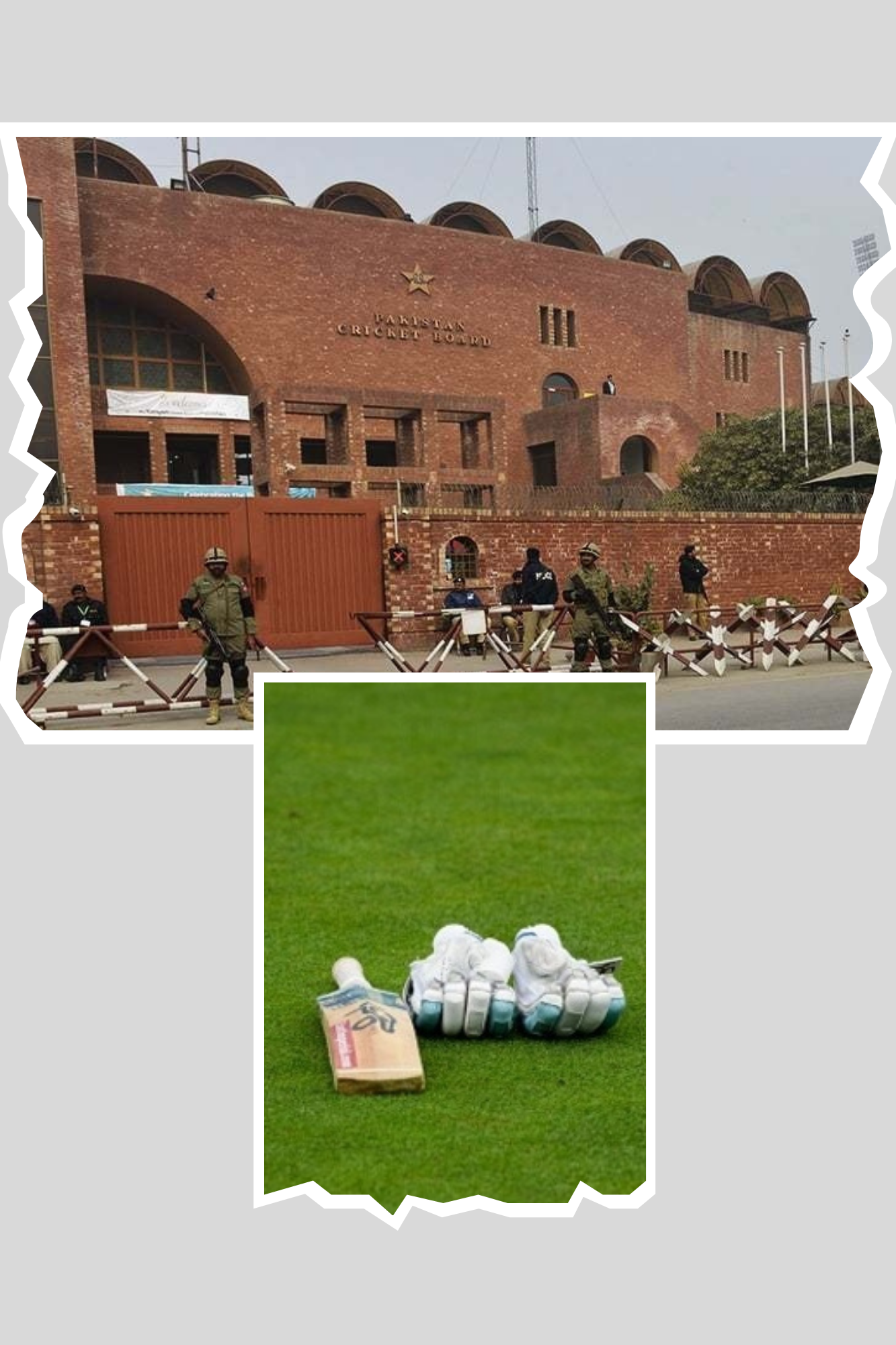Pakistan’s cricket, once a formidable force in the international arena, has faced a steady decline in recent years. The reasons behind this deterioration are multi-faceted, ranging from administrative mismanagement to player attitudes and media influence. This analysis delves into the core issues plaguing Pakistan cricket, examining the roles of the Pakistan Cricket Board (PCB), the selection committee, players, media, and systemic trust and fitness issues. It also explores the repercussions of frequent dramatic changes post-ICC events and the internal clashes that exacerbate these problems.
Mismanagement by the Pakistan Cricket Board (PCB)
The PCB, the governing body of cricket in Pakistan, has often been criticized for its inefficiency and mismanagement. The board’s interference during matches, such as dictating batting orders and deciding who bowls in crucial moments, undermines the autonomy of the captain and coach, leading to confusion and a lack of cohesive strategy. Comments made by PCB officials during major series or events like the World Cup can demoralize players and create unnecessary pressure. This top-down interference disrupts the team’s dynamics and hampers performance on the field.
Selection Committee Interference
The selection committee’s undue influence extends into the gameplay itself. Selectors sometimes make on-field decisions, such as determining the batting order or choosing who bowls in a super over. This micromanagement not only undermines the captain and coach but also creates an environment where players are unsure of their roles and responsibilities. Additionally, the selection of players based on regional biases, personal connections, or favoritism over meritocracy leads to a lack of trust and cohesion within the team. Such practices result in talented players being overlooked, causing a decline in overall team performance.
Player Attitudes and Commitment
Player attitudes also contribute significantly to the issues faced by Pakistan cricket. Instances of players missing training sessions, displaying overconfidence, and prioritizing personal statistics over team success have been reported. These behaviors indicate a lack of professionalism and a disregard for team goals. Furthermore, strained relationships among team members can lead to a fragmented unit, incapable of performing as a cohesive team. The emphasis on individual achievements rather than collective success erodes the spirit of teamwork essential for winning matches.
Media’s Role
The media in Pakistan plays a dual role in both promoting and undermining cricket. While constructive criticism is necessary, excessive and often unfounded criticism can demoralize players and create a hostile environment. Media outlets frequently focus on players’ personal lives and statistics, rather than providing balanced coverage of their on-field performance. This relentless scrutiny can lead to players feeling pressured and distracted, ultimately affecting their performance. In some instances, there have been accusations of media personnel taking advantage of situations to gain benefits, further complicating the players’ mental state.
Systemic Trust Issues
Trust issues pervade all levels of Pakistan cricket, from players to board members. There is a pervasive lack of trust in the capabilities and intentions of various stakeholders, whether it be players not trusting their coaches, board members doubting the commitment of players, or selectors questioning the decisions of the captain. This lack of trust leads to a dysfunctional environment where decisions are second-guessed, and unity is compromised. The reluctance to trust former players for coaching roles further exacerbates this issue, as experienced individuals who understand the nuances of Pakistani cricket are sidelined.
Fitness and Mental Preparedness
Fitness and mental preparedness are critical aspects of modern cricket, and Pakistan has often lagged in these areas. Players not maintaining peak physical condition or being mentally unprepared for high-stakes matches results in underperformance. Fitness issues can lead to injuries, reducing the team’s strength, while a lack of mental resilience can cause players to crumble under pressure. The absence of a comprehensive support system to address these aspects leaves the team vulnerable in crucial moments.
Frequent Dramatic Changes
One of the most visible issues in Pakistan cricket is the frequent and dramatic changes that occur after significant losses in ICC events. These changes include the replacement of board members, selection committee personnel, the captain, and even key players. Such upheavals create instability and prevent the development of a consistent and coherent strategy. Constantly changing leadership and team composition hinder the building of team chemistry and long-term planning. This reactive approach, rather than a proactive one, ensures that the team is always in a state of flux, unable to develop a stable and successful framework.
Internal Clashes: Board Members, Team Members, Selection Committee, and Former Players
Internal clashes among board members, team members, the selection committee, and former players further aggravate the decline of Pakistan cricket. Power struggles within the PCB lead to inconsistent policies and frequent leadership changes, disrupting the team’s stability. Conflicts between players and management create a toxic environment, affecting team morale and performance. The selection committee’s disagreements with the captain and coach over team composition and strategies result in a lack of unified direction. Additionally, the sidelining of former players, who possess valuable experience and insights, deprives the team of essential mentorship and guidance.
Conclusion
The decline of Pakistan cricket can be attributed to a complex interplay of factors involving mismanagement by the PCB, undue interference by the selection committee, unprofessional attitudes of players, negative media influence, systemic trust issues, and inadequate attention to fitness and mental preparedness. Frequent dramatic changes following major losses and internal clashes among stakeholders only add to the instability and hinder the development of a cohesive and successful team.
Addressing these issues requires a comprehensive overhaul of the entire system. The PCB must adopt a more hands-off approach, allowing the captain and coach to make on-field decisions. The selection committee should prioritize merit over personal biases and regionalism. Players need to embrace a more professional attitude, focusing on team success rather than individual statistics. The media should aim for balanced reporting, providing constructive criticism without undermining players’ confidence. Building trust at all levels is essential, and former players with valuable experience should be integrated into coaching roles. Lastly, a focus on fitness and mental preparedness is crucial for developing a resilient team.
Only through systemic changes and a commitment to long-term stability can Pakistan cricket hope to reclaim its former glory on the international stage.
For more information on the decline of Pakistan cricket, you can explore resources such as the Pakistan Cricket Board’s official website, historical accounts of Pakistan cricket, and recent updates from platforms like ESPNcricinfo.com , Recent news on Pakistan cricket







0 Comments